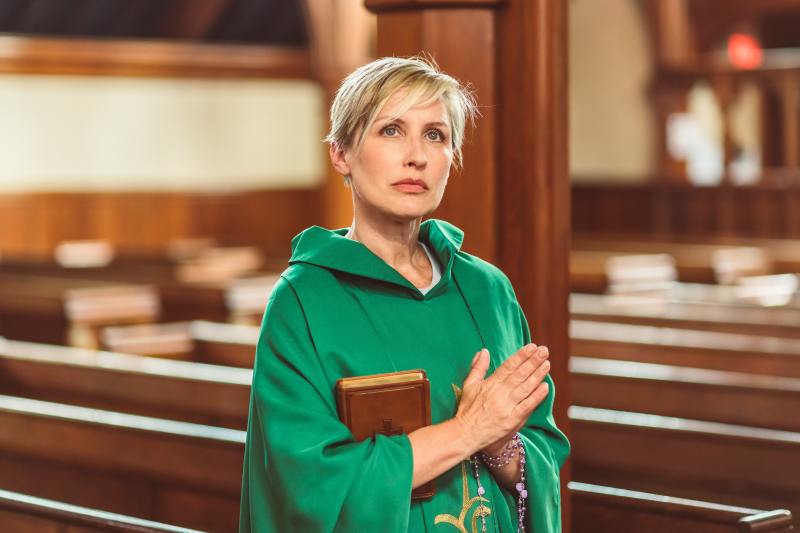
The International Survey of Catholic Women (ISCW) recently discovered that many women think Church practices and authorities ignore their voices. The research was made by two Australian women and will be introduced at the Vatican on Wednesday, Mar. 8, corresponding with the celebration of International Women's Day.
Findings in the Survey of Two Australian Women
A report from The Catholic Leader stated that on Wednesday, Mar. 8, the Vatican will present the newly published ISCW to coincide with International Women's Day. The survey was conducted by the University of Newcastle and led by Drs. Tracy McEwan and Kathleen McPhillips. They provide 20 key findings and present 14 recommendations based on the responses received.
Dr. McEwan explained that the research captured the insights, diversity, and common concerns of thousands of Catholic women around the globe. People were asked questions concerning identity, perspectives on church reform, and a variety of problems affecting women, such as women in church leadership and sexual abuse, amongst a great many other things. They found out that although many women have significant difficulties with Catholic institutions, almost 90% of those women said that maintaining their Catholic identity is essential to them. In addition, despite substantial concerns, frustrations, and overall dissatisfaction with the institutional church, many people continue to practice their religion.
Moreover, the research consisted of collecting 17,200 responses from participants located in 104 different countries. It was conducted when Pope Francis led a conversation within the church regarding whether or not women should have a more significant role in its governance and ceremonies.
As per the National Catholic Reporter, by making it explicit that laywomen can act as readers and altar servers in liturgical celebrations, Pope Francis has altered the law of the Catholic Church. It effectively removes a previous option for individual bishops to restrict those ministries only to men.
Even though women already serve as readers and altar servers in several U.S. Catholic dioceses, the church's canon law had previously permitted their service temporarily and at the local bishop's discretion. As a result of the pope's change, which replaces "laymen" as the category of those eligible to officially serve in the ministries with "lay persons," it would appear that all global Catholic bishops are required to accept women into those roles.
Also Read:Archdiocese of Denver Clarifies Stance on Refusing Four Women Wearing Rainbow Masks
Recommendations of the Survey
According to The University of Newcastle, Australia, the group has come up with several suggestions in light of the survey results. Some of these are the following:
Increase opportunities for women to take on significant pastoral and organizational leadership roles, including the ordination of women in some faiths and traditions;
Establishing rules to prevent sexual, spiritual, and physical violence; imposing obligations regarding the reporting of violent acts to the appropriate authorities;
Addressing issues of economic mismanagement and corruption by instituting decision-making and management procedures that are open to scrutiny and accountable for their outcomes;
Ensuring that issues such as homelessness, poverty, climate change, war, and economic injustice are addressed within Catholic social teaching.
In Australia, the Catholic Church is an essential non-government supplier of education, healthcare, and welfare services. It accounts for 20% of the population in Australia who consider themselves Catholic and almost two percent of the employment in Australia.
Related Article:Pope Francis Appoints Six Women to Vatican Council in His Progressive Advancement


















